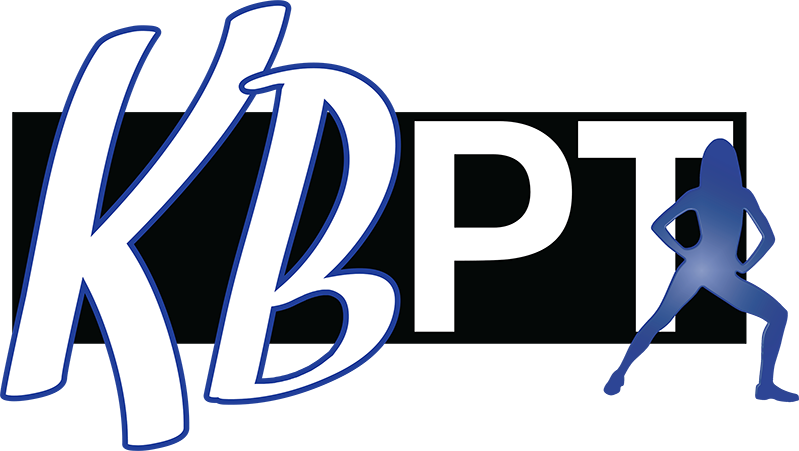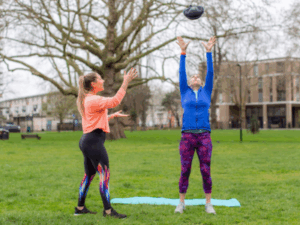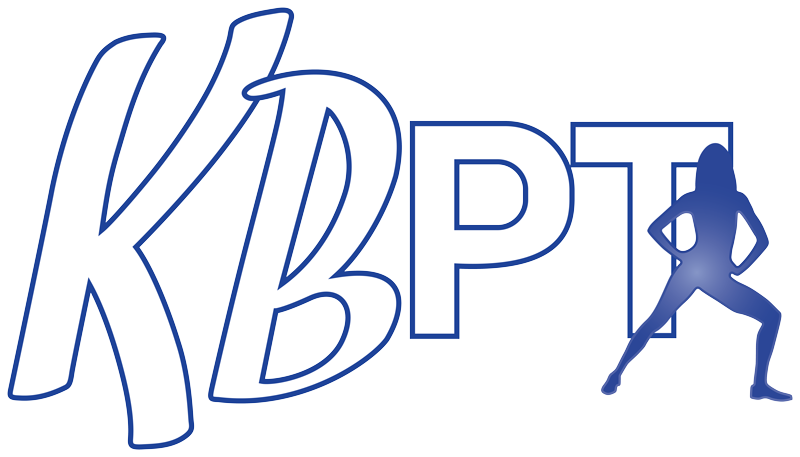Embarking on the journey to run a marathon is a significant commitment, both mentally and physically. Training for a marathon requires discipline, dedication, and a well-structured plan. Whether you’re a first-timer or a seasoned runner aiming for a new personal record, here are 10 tips to guide you through your marathon training:
1. Establish Clear Goals:
Before lacing up your running shoes, define your goals. Whether it’s completing the marathon, achieving a specific time, or simply enjoying the journey, having clear objectives will help shape your training plan.
2. Build a Solid Foundation:
Start your training with a solid base. If you’re new to running, begin with shorter distances and gradually increase your mileage. Experienced runners should ensure they have a good foundation before moving into more intense training.
3. Follow a Structured Training Plan:
Invest time in finding or creating a well-balanced training plan that includes a mix of long runs, speed workouts, and rest days. This structured approach helps prevent burnout and reduces the risk of injuries.
4. Prioritise Rest and Recovery:
Rest days are as crucial as training days. Allow your body to recover to avoid over training and injuries. Incorporate activities like stretching, yoga, and adequate sleep into your routine to aid recovery.
5. Nutrition Matters:
Fuel your body with the right nutrients. During long runs, experiment with different energy gels, drinks, and snacks to understand what works best for you. Stay hydrated and pay attention to your body’s signals.
6. Simulate Race Conditions:
As you progress in your training, simulate race-day conditions during your long runs. Practice your nutrition and hydration strategies, wear the gear you plan to race in, and familiarise yourself with the course if possible.
7. Strength Training for Resilience:
Incorporate strength training to build resilience in your muscles and joints. A strong body is more resistant to injuries. Focus on exercises that target your core, legs, and stabilising muscles.
8. Listen to Your Body:
Pay attention to any signs of fatigue, pain, or burnout. It’s okay to adjust your training plan if needed. Pushing through pain can lead to injuries that might hinder your progress.
9. Practice Mental Toughness:
Marathon running is as much a mental challenge as it is physical. Train your mind to stay focused and positive during long runs. Develop mental strategies to overcome the inevitable tough moments.
10. Taper Smartly:
In the weeks leading up to the marathon, gradually reduce your training volume while maintaining intensity. This tapering period allows your body to recover and ensures you’re in peak condition on race day.
Remember, every runner is unique. Adapt these tips to suit your individual needs and if you need any help drop us a line kate@kbpersonaltraining.co.uk
Enjoy the journey, celebrate your progress, and most importantly, have fun on race day!












